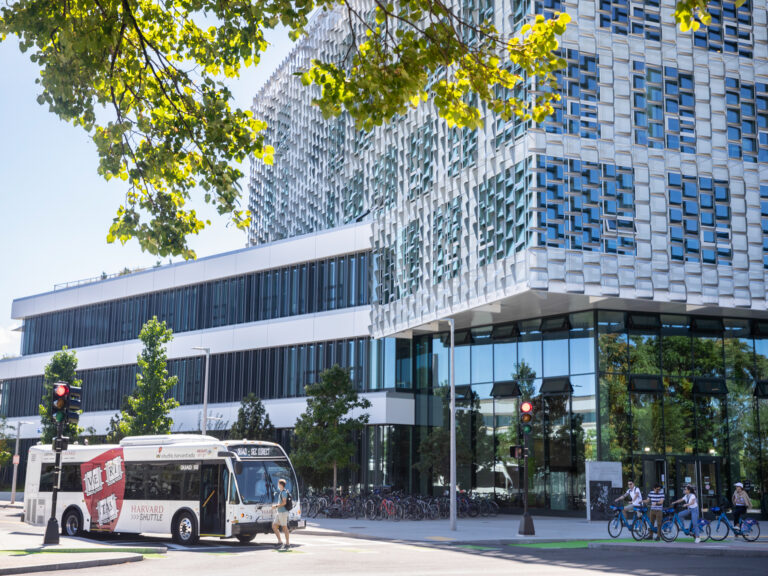Accelerating a zero-waste future
Zero Waste
A zero-waste future requires a systemic approach. At Harvard, we aim to sustainably manage all waste streams—including plastics, electronics, recyclables, and organics, as well as construction, demolition, and hazardous waste—while prioritizing waste prevention and reduction.
Framework for Waste Stewardship
Zero Waste Future
In 2025, Harvard launched “Accelerating a Zero Waste Future: A Framework for Waste Stewardship,” a new plan to transition our campuses to zero waste. Developed by the Waste Stewardship Steering Committee in collaboration with University leaders, the framework prioritizes waste prevention, reduction, reuse, and responsible recovery, and aligns with Harvard’s Sustainability Action Plan.
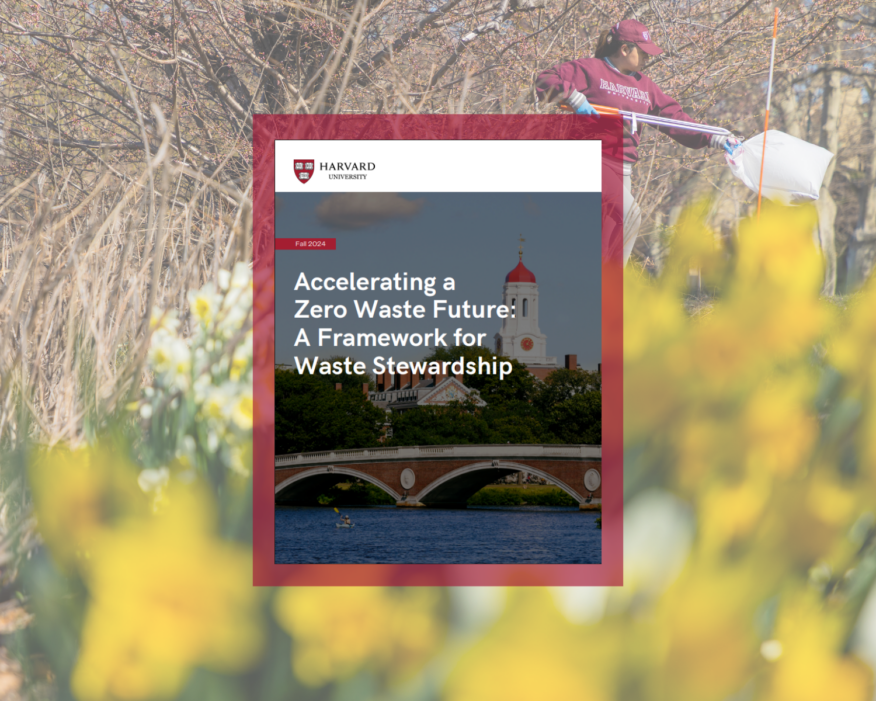
Explore upcoming Zero Waste events:
Events
Calendar of Events
|
Monday
|
Tuesday
|
Wednesday
|
Thursday
|
Friday
|
Saturday
|
Sunday
|
|---|---|---|---|---|---|---|
|
2 events,

The International Sustainable Campus Network (ISCN) is launching an extended edition of the “Biodiversity on Campus” Photo Contest, and we warmly invite members of the Harvard community to take part. The contest highlights biodiversity measures and nature-positive moments on university campuses. Participants submit one photograph and a few details that bring the image to life: together, images and additional information form powerful, engaging narratives that help us think — and act — together for a resilient future. Submit your photo by February 28, 2026. 
It’s time for our annual toiletries drive to support the Cambridge YWCA! Help support the drive by donating unused and unopened toiletries, cosmetics, and menstrual hygiene products. Donations will be accepted through Friday, February 6, 2026. |
||||||
|
1 event,
|
1 event,
|
|||||
|
1 event,
|
1 event,
|
1 event,
|
1 event,
|
1 event,
|
1 event,
|
1 event,
|
|
1 event,
|
1 event,
|
1 event,
|
2 events,
–
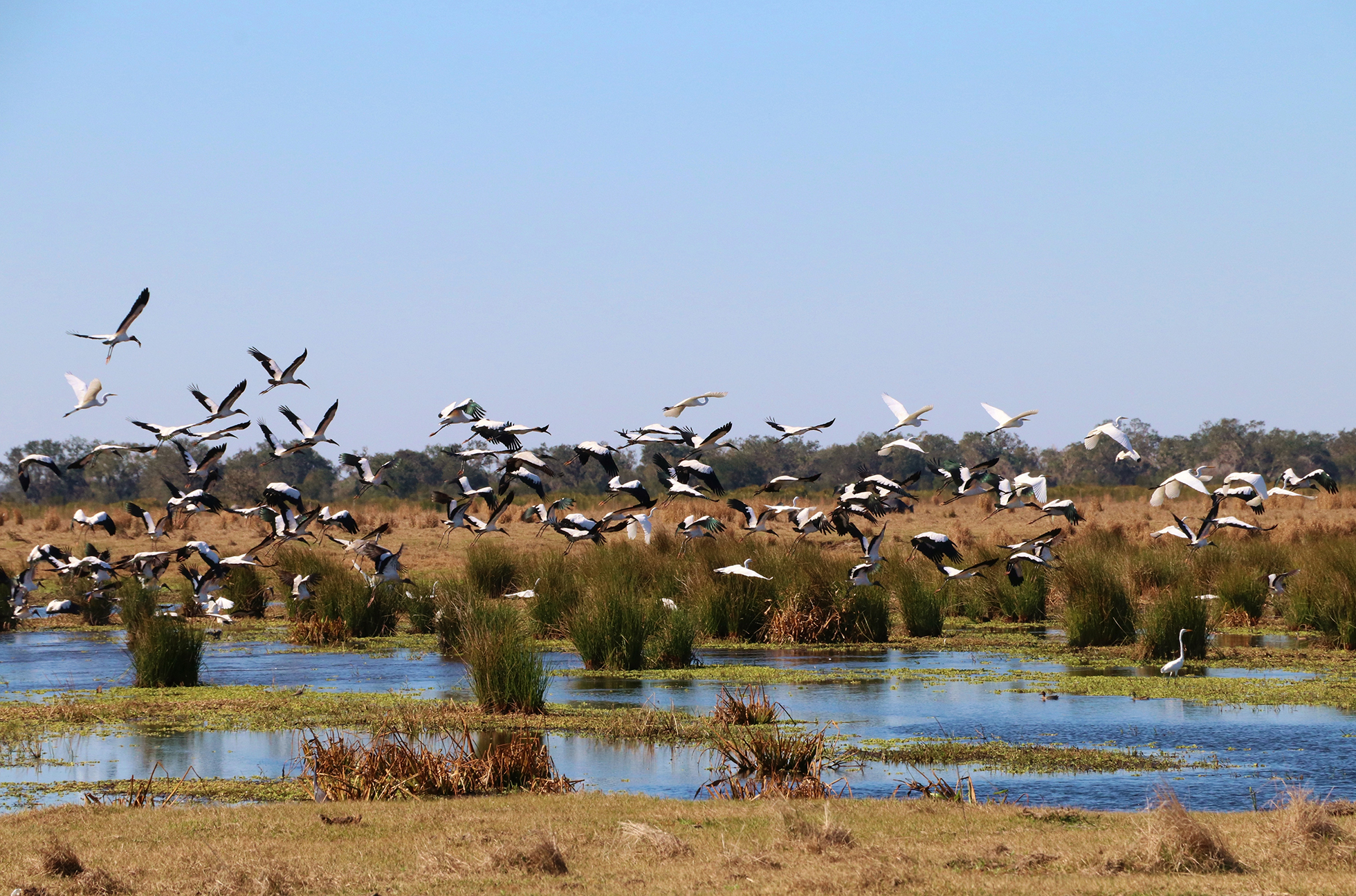
Ornithology—the science of birds—is experiencing a renaissance. Today, a new generation of tools is transforming how we study birds—from global citizen-science platforms such as eBird to satellite remote sensing and drone-based fieldwork. New Perspectives in Ornithology: 21st Century Dispatches across the World of Birds (Oxford University Press, 2026) reveals how these technologies are reshaping our understanding of bird life and the challenges birds face in a rapidly changing world. Volume editors Scott Edwards and Michael Reed will introduce the book’s key themes including bird ecology, evolution, behavior, citizen science, and conservation. Book contributors Jingmai O’Connor and Elizabeth Derryberry will then address how fossils are enhancing our understanding of bird evolution and how novel studies of bird songs are providing insights into how birds communicate and respond to environmental change. |
1 event,
|
1 event,
|
1 event,
|
|
2 events,
–
The Salata Institute for Climate and Sustainability and the Harvard Alumni Association invite you to the next installment of Harvard Voices on Climate Change, a virtual series showcasing Harvard faculty and fellows on different dimensions of the climate challenge. This session will explore the complex decisions behind where and how renewable energy projects get built. Featuring Charles Taylor, Assistant Professor of Public Policy at Harvard Kennedy School, and Andrew Mergen, Emmett Assistant Clinical Professor of Environmental Law at Harvard Law School, the conversation will examine the legal, environmental, and community considerations that shape clean energy development. |
1 event,
|
1 event,
|
1 event,
|
1 event,
|
1 event,
|
0 events,
|
How is Harvard reducing waste?
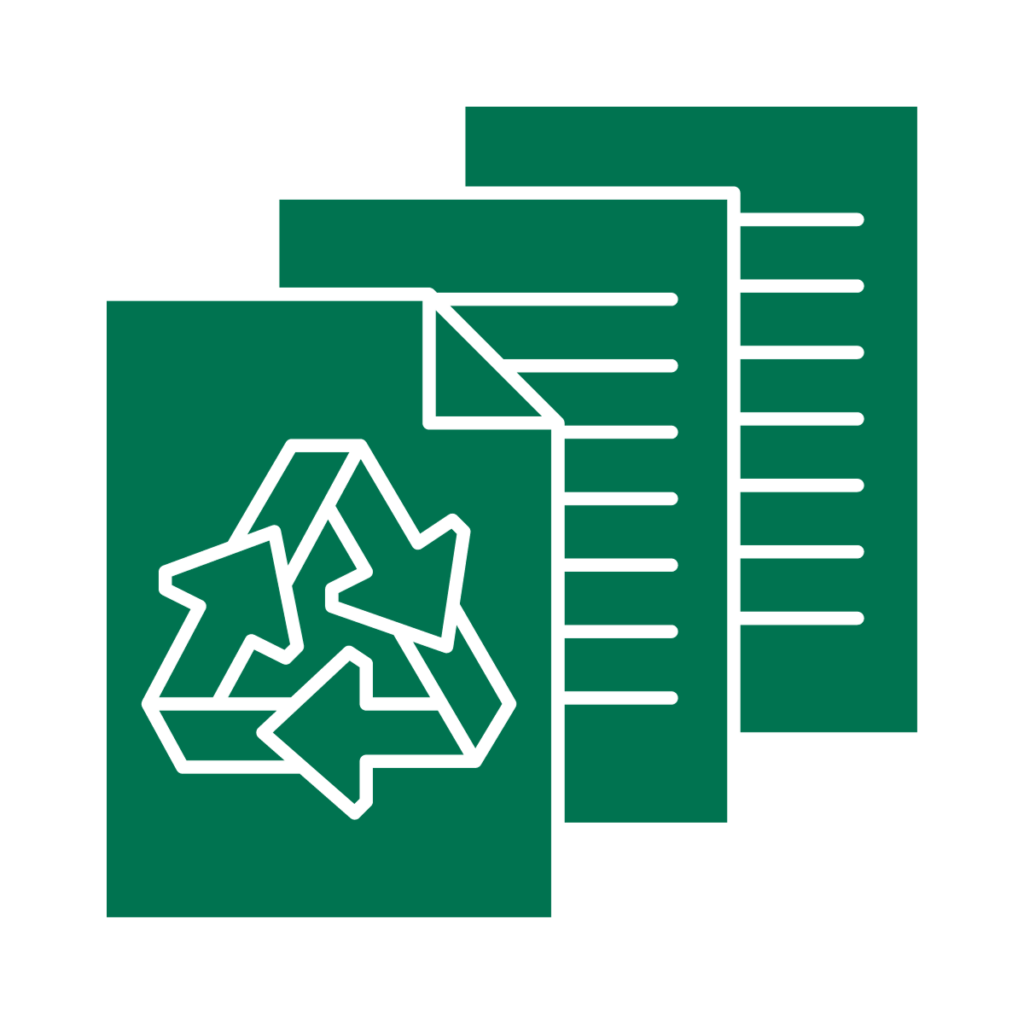
Harvard is taking a systemic approach to waste prevention and reduction, aiming to ensure the materials that the University purchases and handles are used effectively and for as long as possible. Harvard is also strategically preventing waste throughout our value chain, while minimizing on-campus municipal solid waste (or trash) and sustainably managing other waste streams.
We are focused on piloting solutions on campus to reduce waste. The Waste Stewardship Committee is developing guidance and resources to help Schools and Business Units create their own zero-waste plans and goals.
Harvard will continue to measure and report data annually for Harvard’s major waste streams and aims to develop a strategic zero-waste plan by the end of 2024.
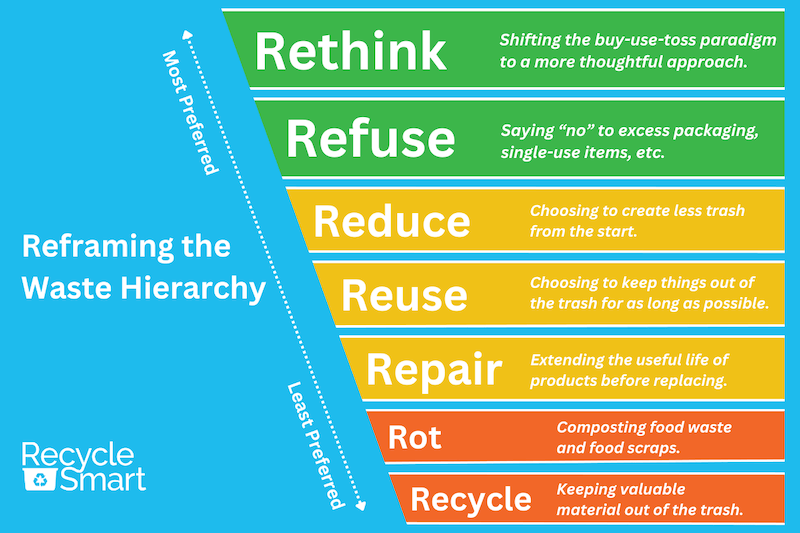
Harvard Recycling & Waste Management
The primary campus waste hauler office at Harvard manages all waste streams across Harvard’s Cambridge, Allston, and Longwood campuses. Explore their resources:
More Resources from Harvard Recycling & Waste ManagementOpens new window
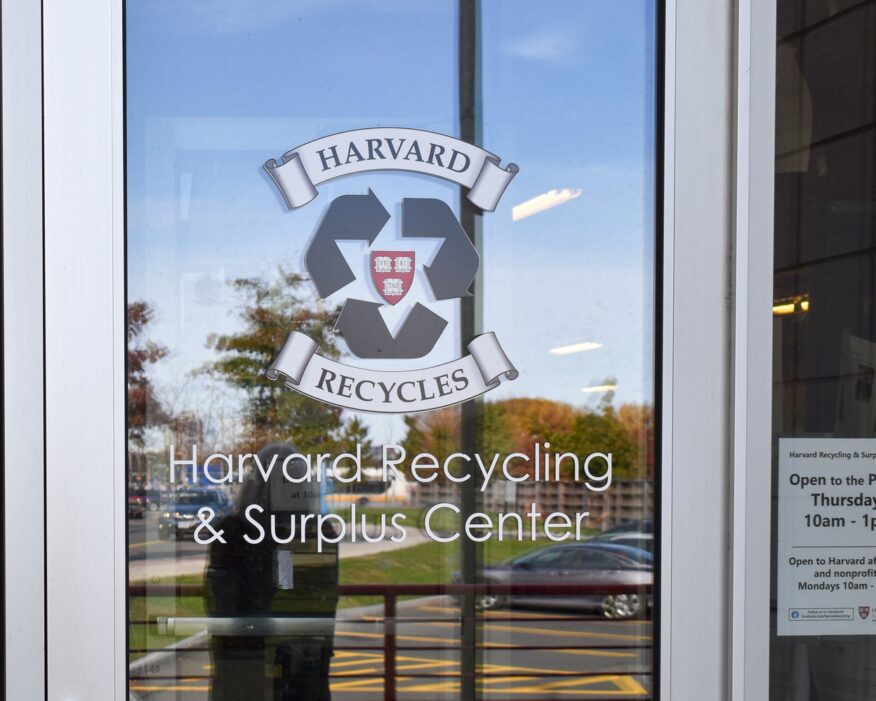
Piloting Solutions
A Zero-Waste Future
New life for Harvard’s compost
Compostable materials collected on Harvard’s campus are used to produce energy.
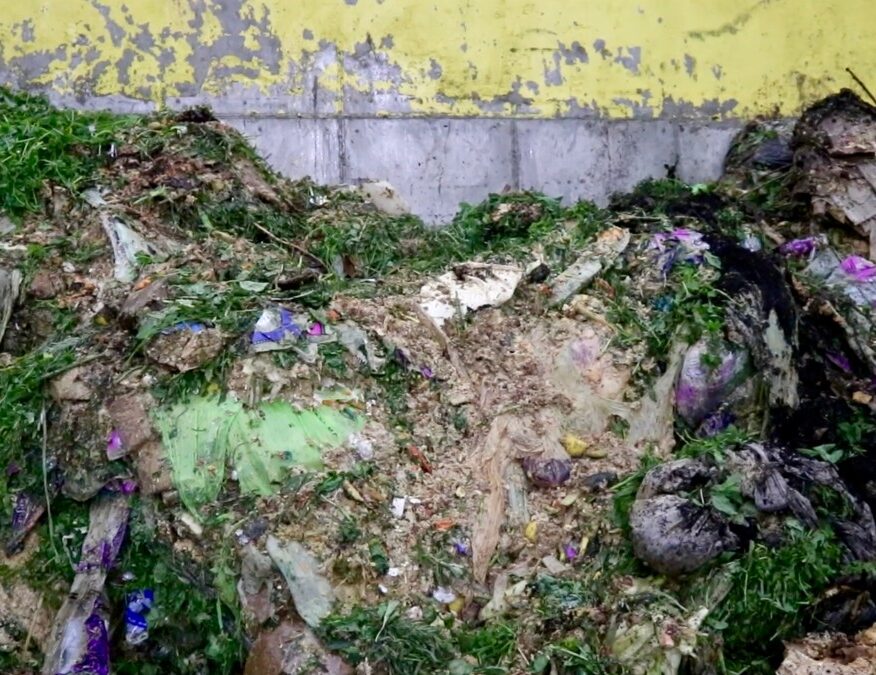
How We Operate
Harvard is accelerating new systems that enable healthier, low-carbon living—creating systems that can be scaled and adopted more broadly.
